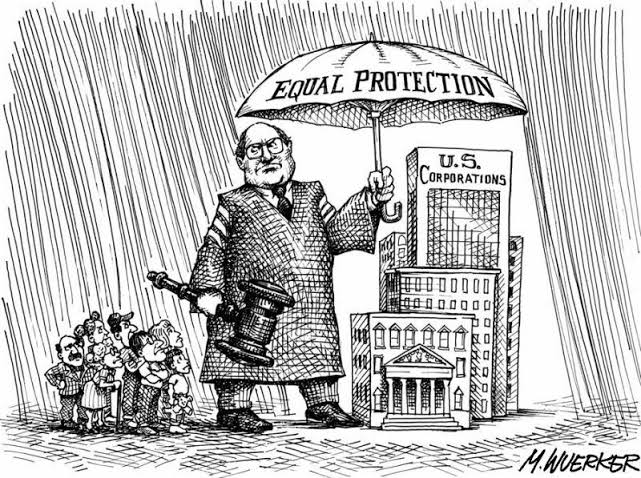Globalization together with the forces of neoliberalism changes the role of the state from the guardian of citizens to the champion of corporations. While neoliberalism restructures the power relations within a state to favor big businesses at the expense of the people, globalization liberalizes trade and finance, thereby lowering barriers between countries; Ultimately, they reinforce one another. This ultimately will not be possible if the role of the state remains the same. Under the more interdependent world and the ever increasing global competitions, it is obvious that for the purpose of survival, the practice of economic diplomacy has become even more important than before.
Economic diplomacy is a peaceful instrument of the state to influence other countries with the ultimate goal of pursuing the national interest. But is it not precisely this that is the challenge to contemporary economic diplomacy? National interest appears very often in international affairs. But what is it? Of all political concepts, “national interest” stands out as a very “spellbinding slogan,” and for this reason, one must be extremely cautious every time he hears the word.
First and foremost, as widely acknowledged in the academic fields, “nation” or “nationhood” is a cultural-political construct, or in Professor Benedict Anderson’s (1936-2015) words, “imagined community.” Please note that it is “imagined” (unreal but believed to exist) rather than “imaginable” (possible to be thought of or believed). Anderson’s word choice points out to a further question: By WHOM is the “national interest” imagined? That is, who gets to define and benefit from the “national interest,” and who does not?
It is usually argued based on a utilitarian perspective that since a nation represents the people, the national interest then is the sum of their happiness, each weighted equally. But this Western concept of a nation is questionable. Globalization blurs the line between the interests of the public, the private, and the state, with more emphasis on the last two.
Consider Thailand. The Thai government has been encouraging foreign investment and mega regional project, such as the EEC, arguing it is in the best interest of the nation. But is it really? With the state acting more in favor of capital, it is clear why economic disparities have been on the rise in Thailand. Under this condition, however, how can one possibly think that poor farmers in Isan share a “common national interest” with rich business tycoons in Bangkok? Under extractive political institutions, how can one possibly hope that people’s voices will be heard? Especially under the global economic governance and the domination of multinational corporations, would it not be meaningless and a great waste of time to even mention “national interest”?
Thomas Jefferson (1743-1826), the author of the American Declaration of Independence and President to the United States, famously says, “When injustice becomes law, resistance becomes duty.” Globalization has turned the state against its people and more in favor of the powerful few. Obviously, this is injustice. So is now not precisely the time that we start resisting?











































